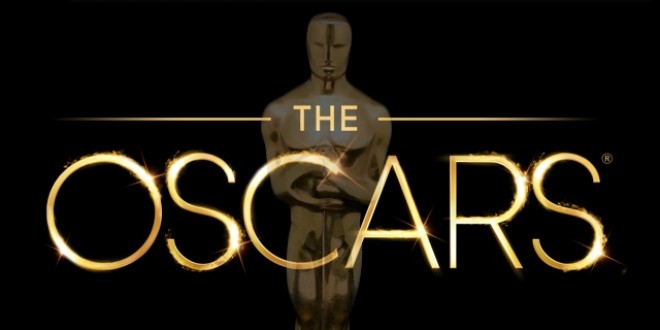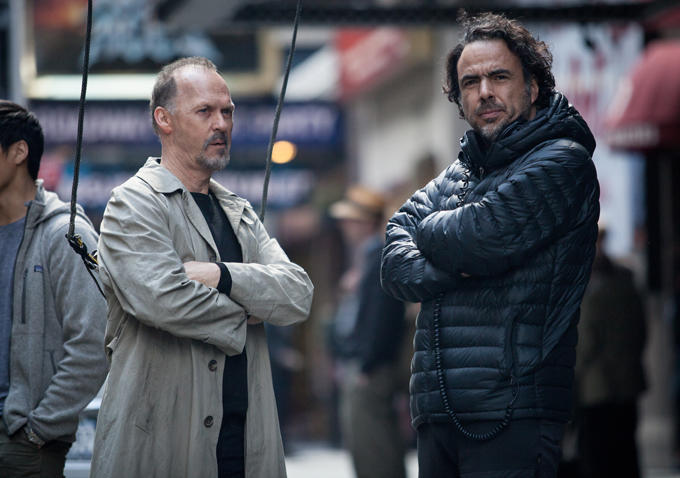Release Date: December 25th, 2015 (US); January 1st, 2016 (UK)
Genre: Biography; Drama; Romance
Starring: Eddie Redmayne, Alicia Vikander
Just like last year, Eddie Redmayne is spending his January up on cinema screens across the UK in a film about strong relationships and physical change. The Theory of Everything thrived upon its stars’ chemistry — Redmayne and Felicity Jones perfectly complemented each other as Mr. and Mrs. Hawking — and it is true that much of what is great about The Danish Girl revolves around its central pairing. Unfortunately, the film undercuts the dramatic potential of its subject matter (reality-based pioneering gender reassignment surgery). It shouldn’t be standard fare, but it is.
Redmayne plays Einar Wegener, an artist who dresses up as a woman at the behest of his wife, Gerda (Alicia Vikander), and feels whole upon doing so. Einar evolves into Lili, first mentally and then physically, though Redmayne’s vulnerability remains steadily palpable throughout. The problem isn’t the actor; it won’t come as a surprise for you to learn he is good. Rather, it is the syrupy circus that surrounds him — those feather-light piano melodies that are enforced without any sort of careful restraint, and a screenplay absolutely swamped in fluffy dialogue (“My life, my wife”).
There is heartfelt delicacy, which is clearly what screenwriter Lucinda Coxon is going for, and then there is off-putting sentimentality, which is what she ends up with. Despite this, the film manages to celebrate two different kinds of femininity. Redmayne plays Lili with a soft evasiveness undoubtedly born out of her repressed identity. Gerda, on the other hand, appears battle-hardened, initially parading a boldness and then later genuine strength in the face of life-changing revelations. You have to believe in their relationship and its robustness in order to believe in the film on a very basic level, and you do because Redmayne and particularly Vikander sell their characters’ love authentically.
As Lili’s desire for personal correction ripens, the nuances of the two central roles are reversed and the narrative focus flips (at least it did for me). The Danish Girl starts to explore those hardships encountered by its other Danish girl, Gerda. Lili’s physical and mental anguish is plain to see and at times tough to consume, but we also must remember the major impact her situation is having on Gerda’s life too. Vikander takes us on an emotional roller coaster: pained, confused, sorrowful, empathetic. We watch just as she does, and we feel because she feels.
Like in Mr. Turner, art is used as a mode for exploration. That is until the film forgets about the art, which in and of itself isn’t a bad thing. Securing one’s true lifestyle is far more important after all, but we do spend a fair chunk of time in plush museums and at fancy gatherings and around interesting paintings for the piece to avoid that stuff thereafter (the movie’s funniest moment transpires from Gerda painting a particularly uptight gentleman). To be fair, this move away from art is consistent with Lili’s mindset — she decides not continue her career upon finding her real self — though a visit to the easel every now and again would have been welcome for story continuity: how are the duo making enough money for travel and healthcare if only one of them is working?
Tom Hooper and cinematographer Danny Cohen borrow from, of all people, Wes Anderson’s portfolio, at one point whimsically depicting a street of yellow bungalows side-on. It is a great shot, a single quirky page out of an otherwise standard picture book. Lili and Gerda’s house looks a bit like a charcoal painting, with shades of blue and grey adding little colour to the wooden floorboards and cracked walls — like the opening hour of The Hobbit: An Unexpected Journey, of all films, it feels as though we are watching people interact on a carefully constructed set.
Todd Haynes’ Carol took on the social imbalance of 1950s New York and The Danish Girl similarly reflects a time when ‘to be different’ meant ‘to be insane’. We never really get into the nitty gritty of that though; the piece does seem to want to delve further into how Lili is affected by society’s petulance, opting to show an unprovoked attack and a couple of doctors’ misinformed diagnoses, though that is as far as it goes. Upon learning about a surgeon who might be willing to help Lili from one of Gerda’s clients (Amber Heard), any lingering backlash becomes non-existent.
Vikander aside, subtlety rarely features. Perhaps the subject matter requires as much, but an overly mushy screenplay lands the outing in cold water. The script also fails to carry the level of propulsion necessary to maintain two genuinely compelling hours. We enter more interesting territory when the spotlight is shone on Gerda and her struggles — a point at which Lili’s post-breakthrough self-obsession is admirably acknowledged (“Not everything is about you”) — but it isn’t really enough. Matthias Schoenaerts and Ben Wishaw freshen things up occasionally, though their roles do not carry any weight in the grand scheme of things.
I referred to a particularly amusing portrait painting scene earlier as a lone funny moment, but there is another unintentionally humorous façade: Lili (at this point still Einar) dresses up as a woman and attends an artist’s ball with Gerda. It’s like something out of a Superman comic: apart from a few close friends, nobody recognises the apparently popular landscape artist despite the astounding resemblance. Perhaps that is The Danish Girl in a nutshell: all too obvious and oddly difficult to comprehend.
Images credit: IMP Awards, Collider
Images copyright (©): Focus Features, Universal Pictures
























